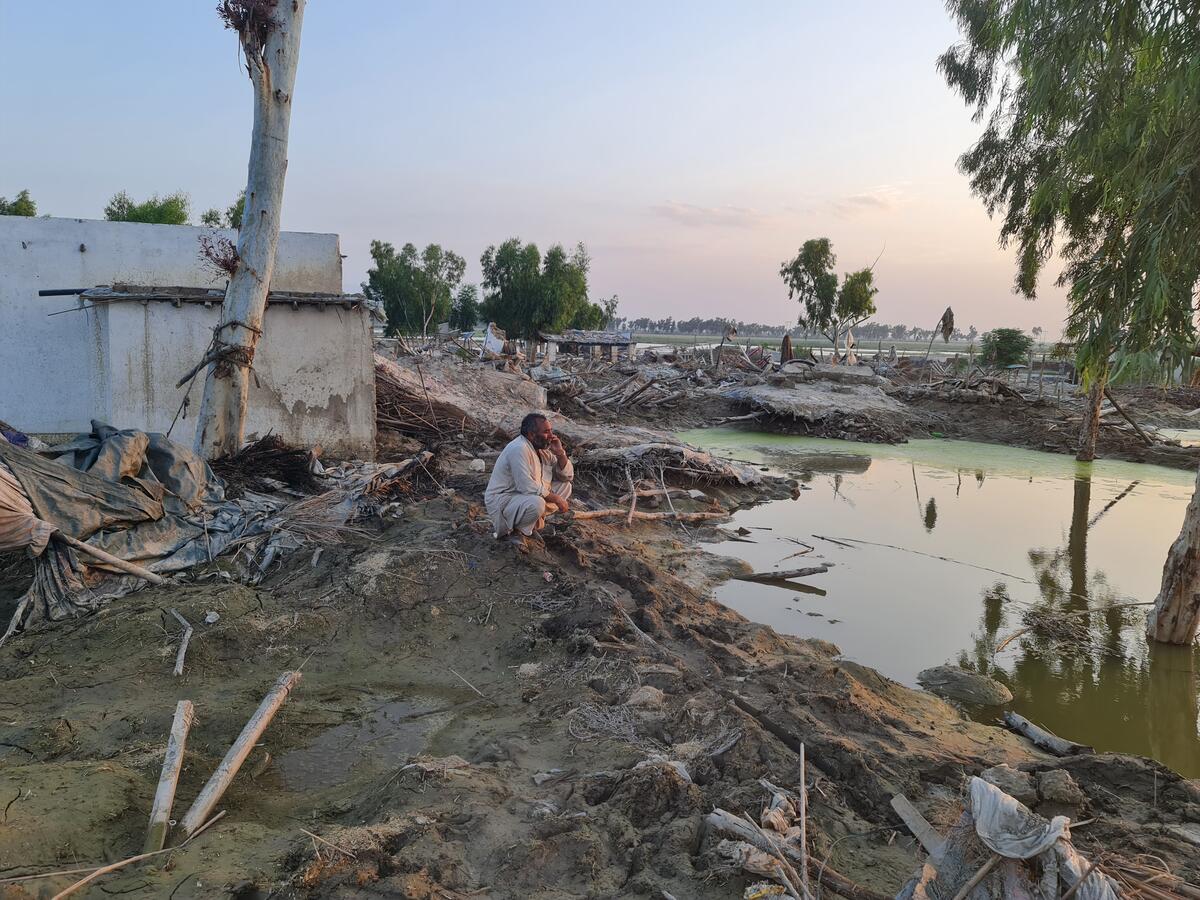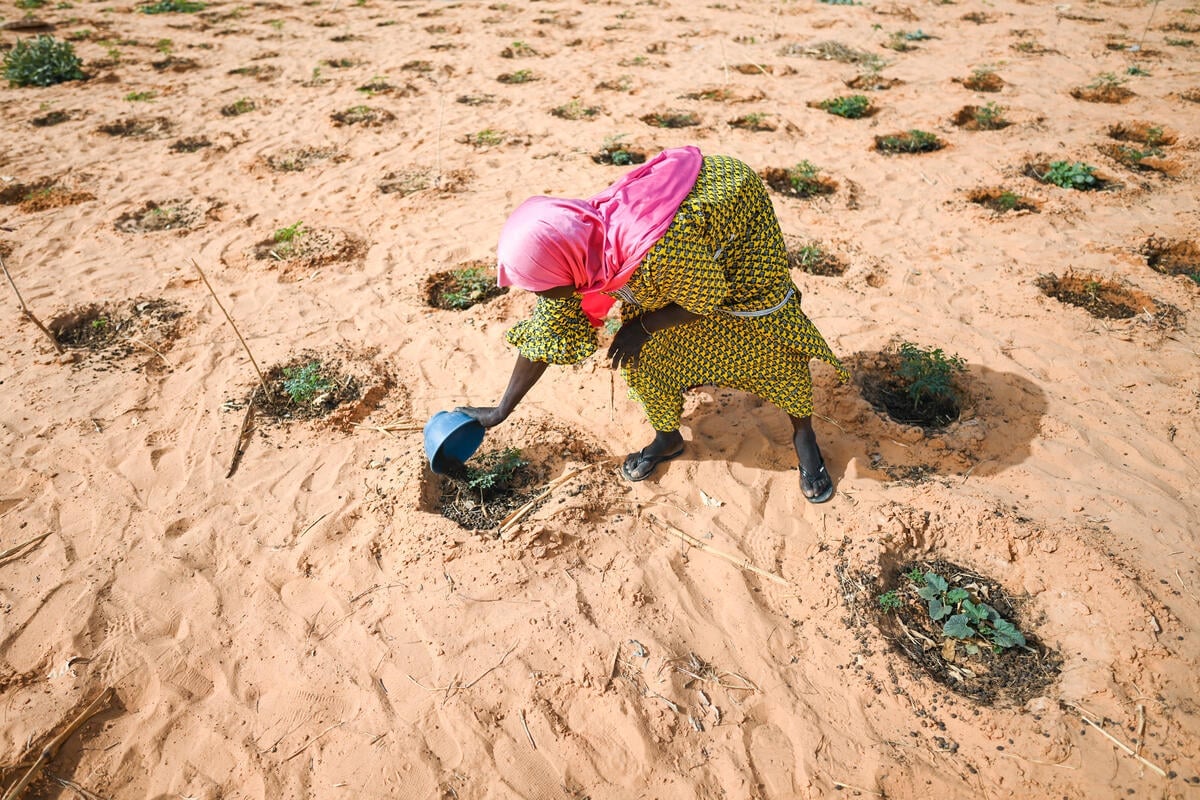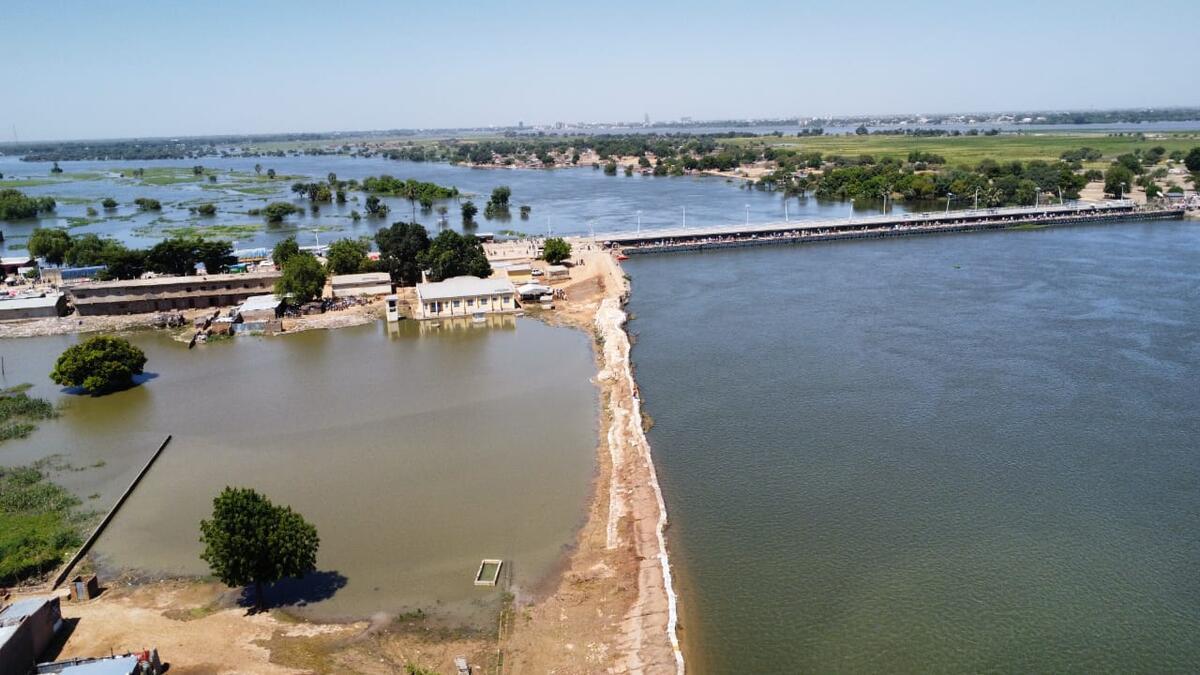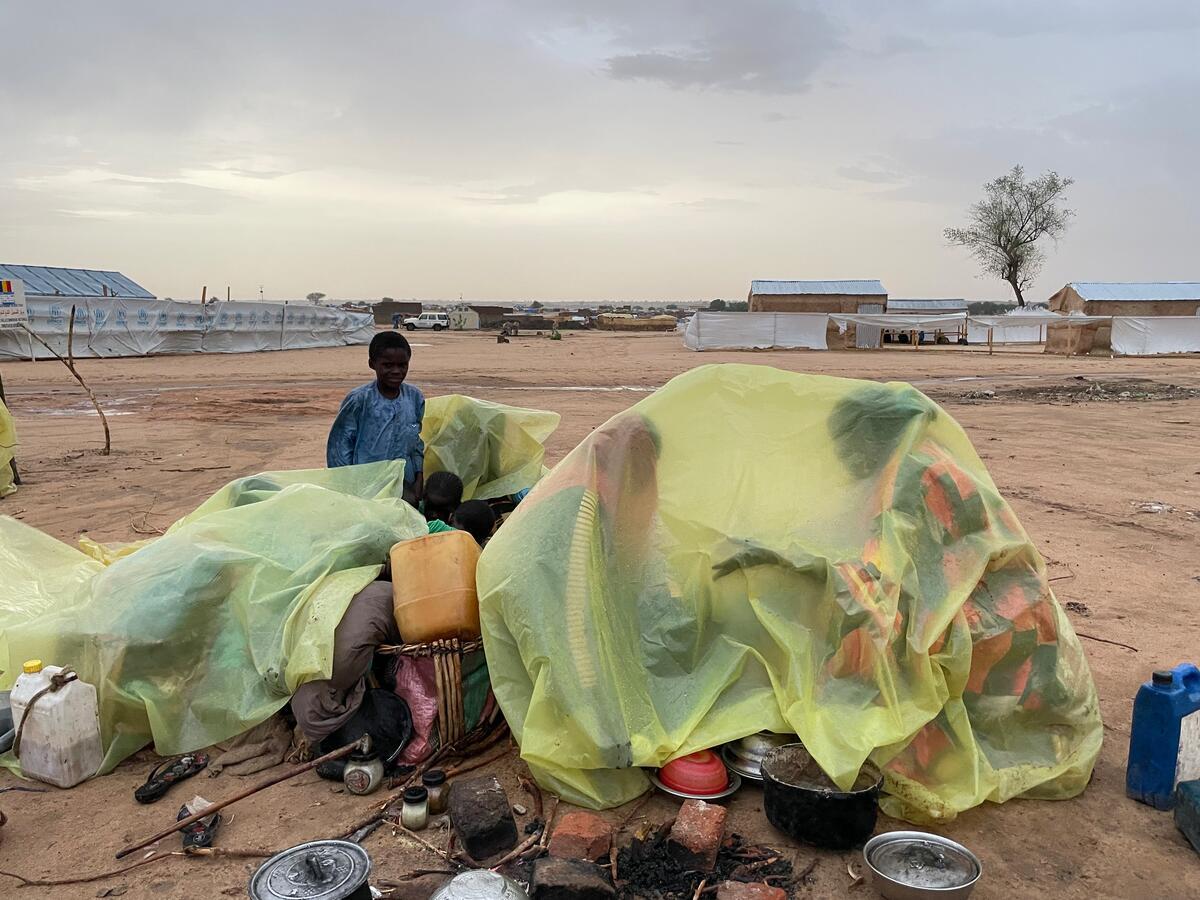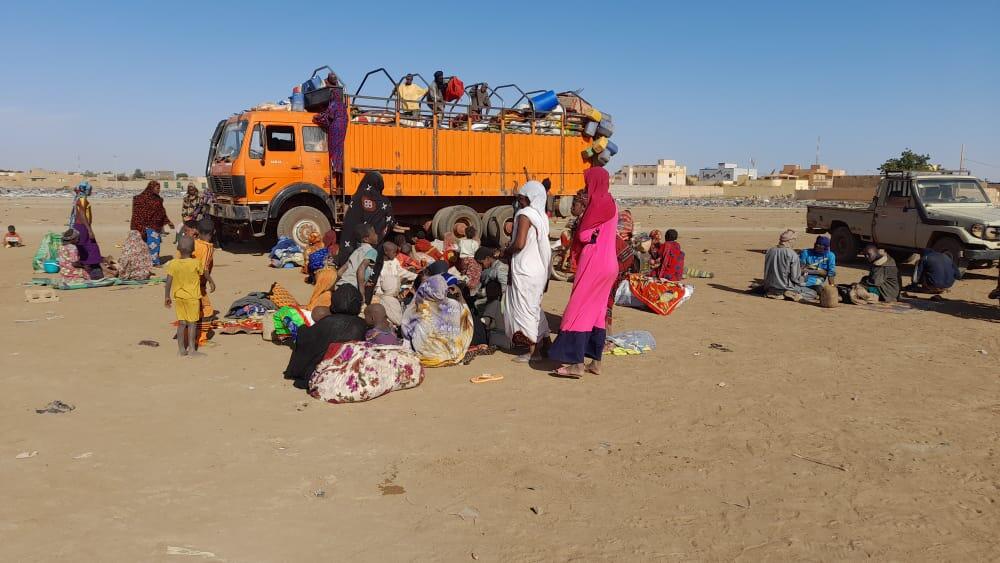Niger
Niger
Niger is the main country of asylum in West Africa, hosting an estimated 700,000 forcibly displaced people populations in search of international protection. They comprise 64% internally displaced persons (IDPs), 36% refugees, 7% asylum seekers and 5% returnees. Most refugees come from Nigeria (67%) and Mali (22%), but there are also some from Burkina Faso (9%), Sudan and Chad (2%).
Niger is at the heart of a turbulent region where violent extremism has been on the rise since 2012 due to the increasing presence of non-state regional-based armed groups and cross-border incursions followed by military push-back operations. The complex scenario of the country is triggered by instability in the neighbouring Burkina Faso, Libya, Chad, Nigeria (including Boko Haram activities) and Mali, which has caused forced displacements towards Niger. A coup d’etat on 26 July 2023, ousting President Mohamadou Bazoum, attracted widespread condemnation and sanctions that have deepened already high levels of socio-economic vulnerability and political tensions in the country. UNHCR continues to closely monitor the situation of forcibly displaced people in the country in coordination with partners, and its operations continue without interruption.
Tillaberi, Tahoua, Diffa and Maradi regions are most affected by frequent and preventive displacements within the country due to persistent terrorist threats.
These large-scale displacements to and within the country are exacerbated by climate change and related hazards such as flooding and increasingly frequent droughts, which contribute to rural poverty (80% of the population depends on agriculture) and worsen issues with public service delivery.
UNHCR work in Niger focuses on using community-based, and NEXUX approaches to providing holistic assistance and comprehensive protection and solutions for forcibly displaced people, with particular attention on women, children and other persons with specific needs.
Urbanization projects and livelihood opportunities strengthen protection, resilience and peaceful cohabitation between both forcibly displaced and host communities.
Niger is also the first country to establish an Emergency Transit Mechanism (ETM) for refugees evacuated from Libya. Niger is a party to the most relevant international and regional legal instruments protecting refugees, IDPs, and stateless persons, and in 2023 is going to be co-convenor of the Global Refugee Forum.
The situation in Niger remains fluid after the 26 July 2023 military coup. UNHCR continues to closely monitor the forcibly displaced people in the country in coordination with partners, and its operations continue without interruption. The office has reviewed its business continuity plan to ensure the delivery of essential services should the situation deteriorate.
Additional information
For information about our work in Niger:
Visit our social media channels – FacebookLink is external | TwitterLink is external
Are you a refugee or asylum-seeker in Niger? Find information about your rights and available services on our HELP site.
For up-to-date information about our programmes and operations in Niger, including funding level and donor contributions, visit Global Focus, UNHCR's reporting portal.
For legislation, case law and UNHCR policy relating to claims for international protection, visit Refworld.
Office contact details
The UNHCR Representation in Niger
Street address:
Avenue du Mounio (OR33), Rue OR25
Mailing address:
P.O. Box 12 201, Niamey, Niger
Phone:
+227 20 75 20 64
Email:
ngrni@unhcr.org
Time zone:
GMT +1
Working hours
- Monday: 8:00 – 17:00
- Tuesday: 8:00 – 17:00
- Wednesday: 8:00 – 17:00
- Thursday: 8:00 – 17:00
- Friday: 8:00 – 14:00
- Saturday: closed
- Sunday: closed



